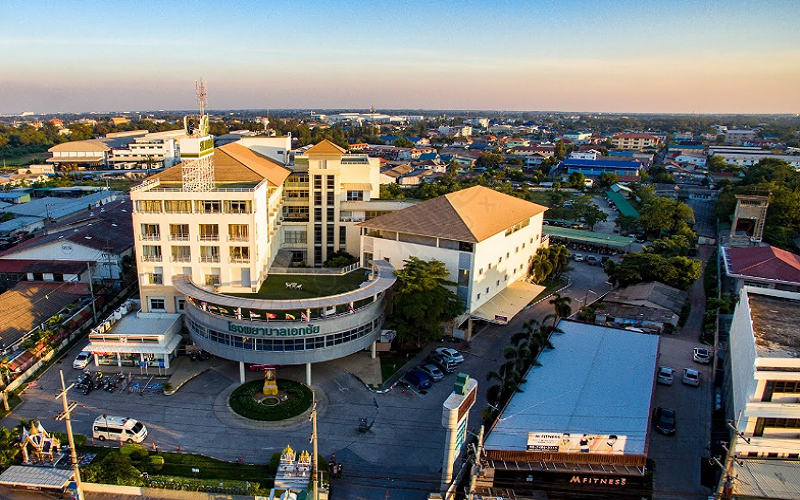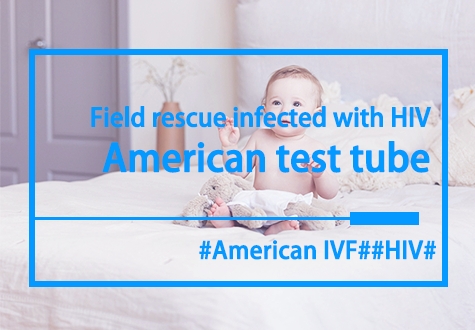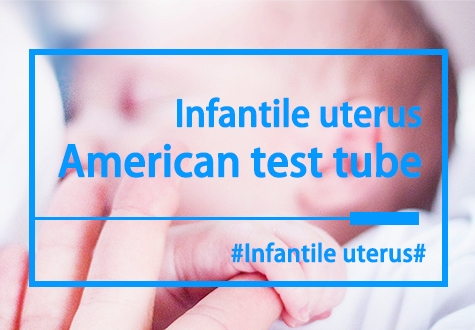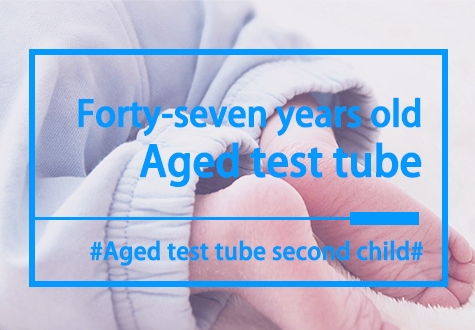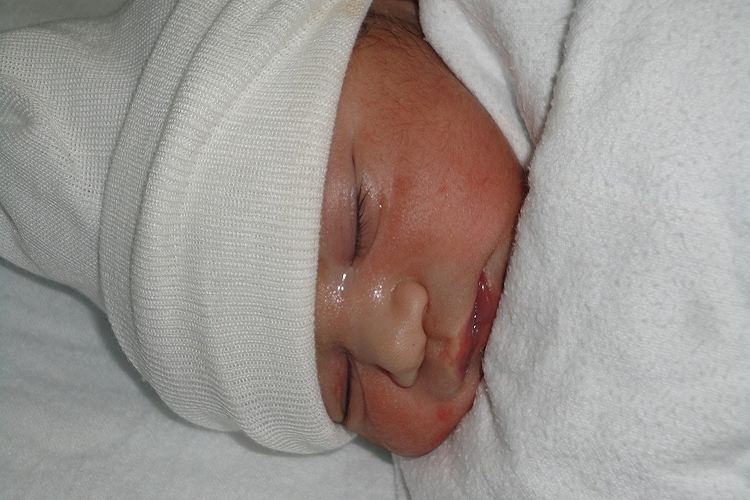Thailand third generation IVF inspection project
Thailand's third generation test-tube baby test program includes ovarian function assessment, fallopian tube patency test, uterine environment assessment, infectious disease screening, semen routine examination, infectious disease screening and other items. What are the specific checks that need to be done?

Thailand's third generation of IVF technology, preimplantation genetic diagnosis (PGD) technology, is a method of genetic screening of embryos on the basis of in vitro fertilization. Through this technology, doctors can test the embryos' chromosomes and genes for specific genetic diseases before the embryos are implanted into the mother, so as to select healthy embryos for transplantation, improve the success rate of IVF and reduce the risk of genetic diseases.
Thailand's third generation of test-tube baby female examination items are as follows:
(1) Ovarian function assessment: ovarian reserve function and ovulation are assessed by detecting female hormone levels and ultrasound examination, so as to provide a basis for the development of appropriate ovulation promotion programs.
(2) Fallopian tube patency test: Through salpingography, laparoscopy and other ways to check whether the fallopian tube patency, to ensure that the egg can successfully enter the uterus.
(3) Uterine environment assessment: The shape, size and endometrial thickness of the uterus are evaluated by means of ultrasound examination, etc., to provide a good environment for embryo implantation.
(4) Infectious disease screening: including hepatitis B, hepatitis C, syphilis, AIDS and other infectious diseases screening to ensure maternal and child health.
(5) Other relevant examinations: such as blood type, chromosome karyotype analysis, etc., to provide doctors with more comprehensive patient information.
Thailand's third generation of IVF male inspection items are as follows:
(1) Routine semen examination: evaluate the number, vitality, morphology and other indicators of sperm to understand male fertility.
(2) Infectious disease screening: The same as the woman, hepatitis B, hepatitis C, syphilis, AIDS and other infectious diseases screening.
(3) Chromosome karyotype analysis: understand the condition of male chromosomes and exclude the risk of genetic diseases caused by chromosome abnormalities.
(4) Other relevant examinations: such as sex hormone level detection, etc., to provide doctors with more comprehensive patient information.
Check the importance of the item?
Before the third generation of IVF treatment in Thailand, a comprehensive examination program is very necessary. These tests can not only help doctors understand the patient's physical condition and fertility, but also provide a basis for doctors to make appropriate treatment plans. At the same time, through genetic screening, doctors can select healthy embryos for transfer, improve the success rate of IVF and reduce the risk of genetic diseases.
Thailand's third generation of IVF technology has brought hope for fertility to infertile families. Before undergoing this technique, patients need to undergo a comprehensive examination program to ensure the health of the mother and child and improve the success rate of IVF. This article gives you a detailed analysis of Thailand's third generation IVF inspection project and its importance, hoping to help you.

